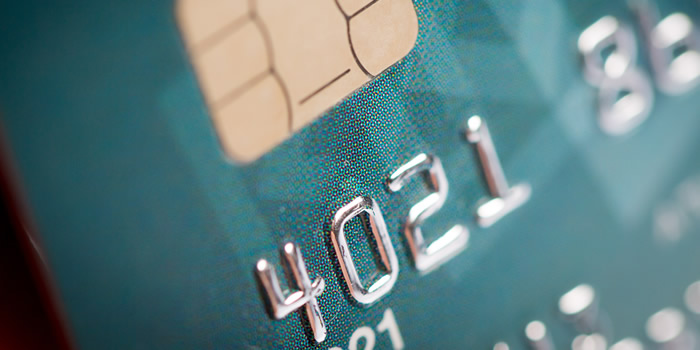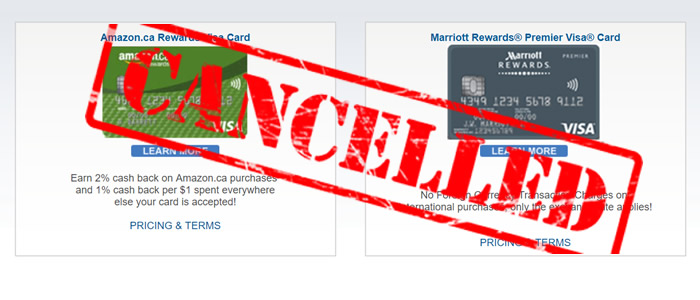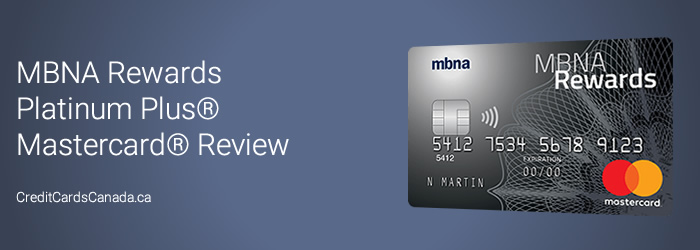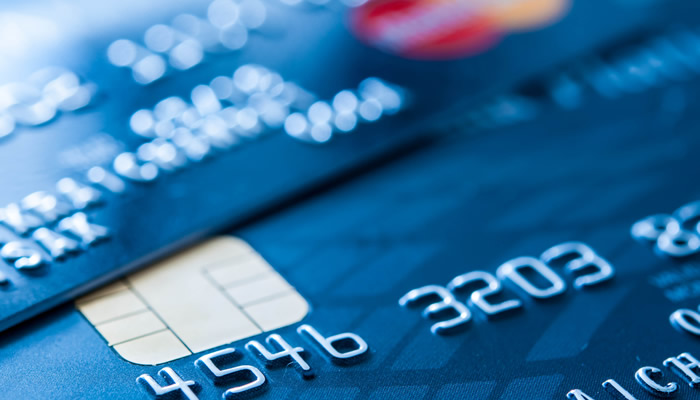
Many of us have recurring transactions on our credit cards. It’s convenient, simple and easy. Your credit card is automatically charged without having to go through the hassle of providing your credit card details each and every month. Most people live busy lives, so it can be a real time saver. Your gym membership, home insurance and satellite radio subscriptions are all automatically charged on your credit card like clockwork. But sometimes automatic updating can end up costing you money.
Let’s say your credit card is about to expire. You may assume that you’d have to provide your new credit card number to companies that you have automatic billing set up with, otherwise the billing would stop. In some case cases you’d be right, while in others cases you’d be wrong. Confused yet?
What is the Credit Card Updater Program?
Ellen Roseman of the Toronto Star wrote about a couple who kept being billed for Sirius satellite radio, even after their credit card expired. The couple were upset to the say the least. Not only did they find a charge for satellite radio on their new credit card, they were billed $60 more than last year. How did this happen? Because of a little known credit card “updater” program.
Under an updater program, your credit card information is automatically sent for recurring transactions when your credit card is reissued. But not all merchants are enrolled in it. Only the merchants that pay for Mastercard and Visa’s updater programs get your new credit card information. Mastercard calls its program Automatic Billing Updater (ABU), while Visa calls its program Visa Account Updater.
Is this the first time you’re hearing about automatic credit card updating? You’re not alone. It’s not the easiest to find. It’s often buried in the fine print of your credit cardholder agreement.
The Pros and Cons of the Program
At first glance, automatic credit card updating doesn’t seem so bad. When your credit card is reissued, you don’t have to go through the hassle of providing your new credit card number to every single merchant that you have automatic billing set up with. Your monthly bill will be paid, even if you forget to update the information, helping protect your credit score and avoid late fees and service disruptions.
It’s also a win for merchants who sign up for this service. They don’t have to go through the hassle of calling you to get your new credit card number or the expense of sending your account to collections if you’re not being responsive.
The problem is that most credit cardholders aren’t aware that they’re enrolled in this program. This can lead them to being charged for services that they thought were going to stop when switching to a new credit card number.
Also, only some merchants (the ones that pay) are enrolled in the automatic updater program. And, too bad, you can’t get a list of who’s enrolled, so it becomes a guessing game for cardholders. To avoid late fees or service disruptions, cardholders are forced to phone every single merchant to find out if they need to provide their new credit card number. That’s no fun.
The Bottom Line
As mentioned earlier, there’s nothing wrong with the automatic updater program, as long as you understand how it works. Don’t make the mistake of assuming you’ll stop being charged for a service just because you have a new credit card number. It’s always best to phone the service provider well in advance and provide something in writing confirming you’d like to cancel automatic billing.
Don’t want to be enrolled in the automatic updater program? The good news is that you have a choice. To stop automatically sharing your credit card information, tell your bank that you want to opt out and you’ll be excluded from the program. Just remember that you’ll need to phone merchants directly next time your credit card expires if you want to continue with automatic billing.




